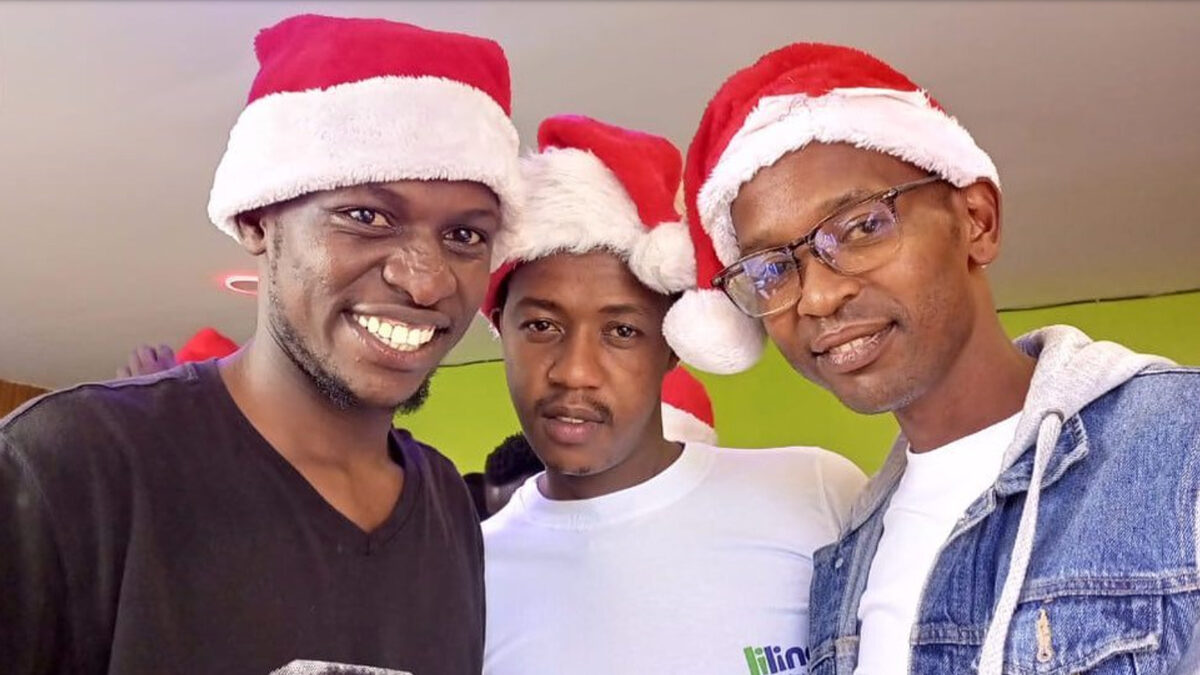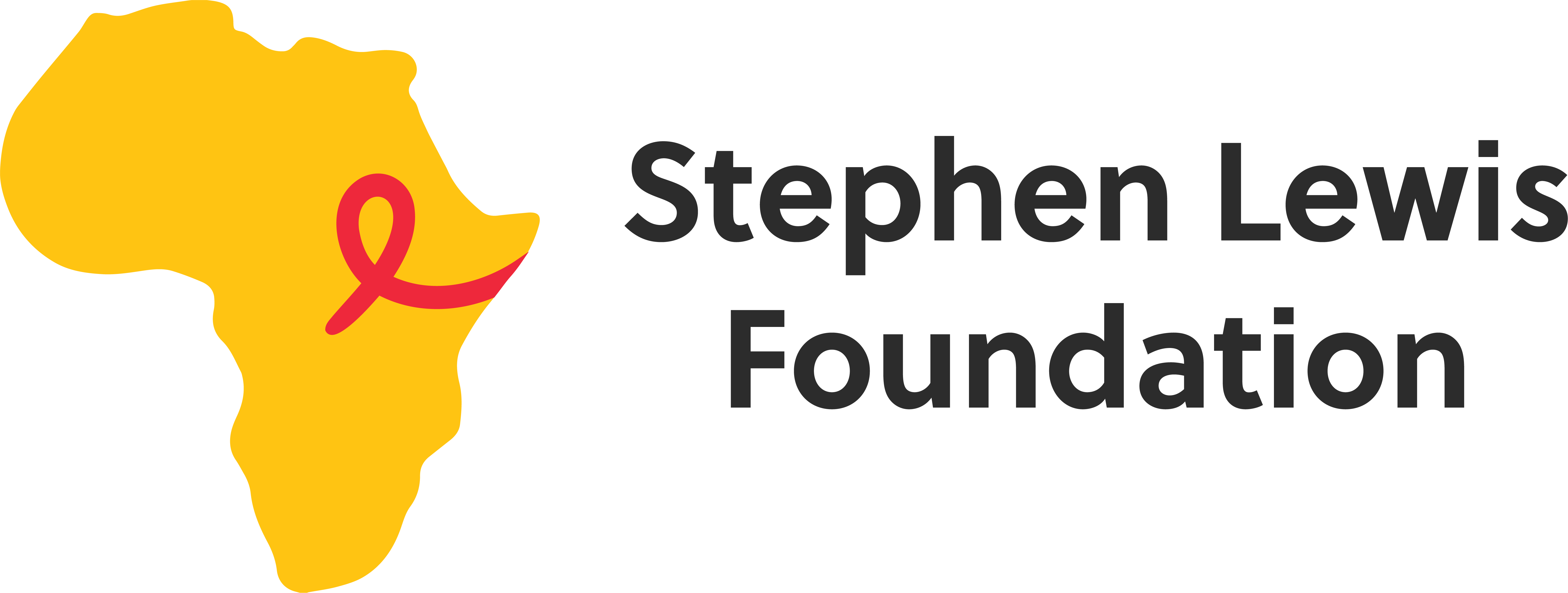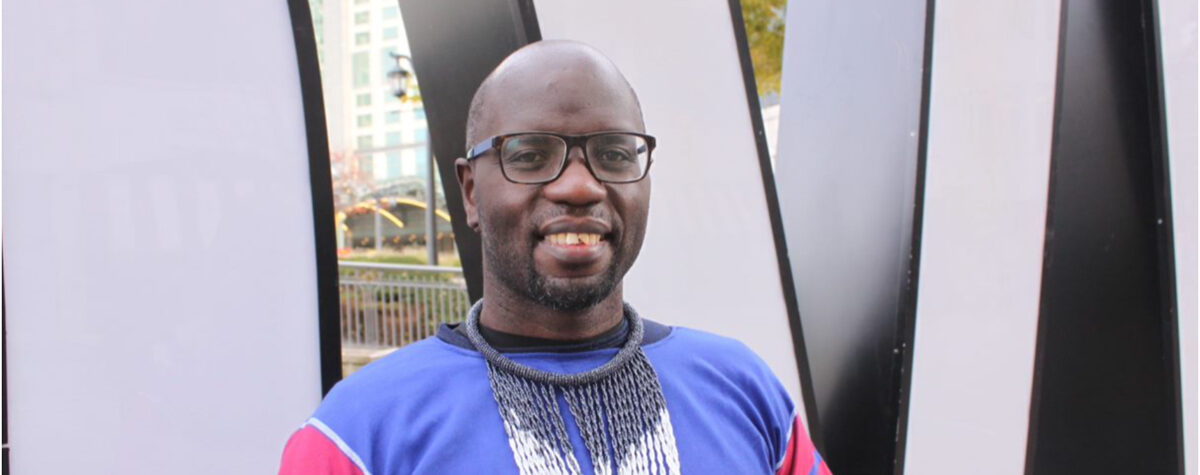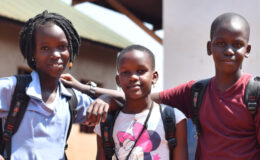COVID-19 lockdowns requiring people to stay at home can be a frightening circumstance when home is not a safe place to go. That’s the case for many clients at Ishtar MSM—Kenya’s first health and wellness clinic devoted exclusively to men who have sex with men (MSM).
In Kenya, where people have been in various stages of lockdown since March 2020, same-sex relationships are criminalized, and living as an out gay or bisexual man comes at a heavy cost. For many of Ishtar’s clients who work in Nairobi’s beleaguered tourism industry, COVID-related unemployment led to homelessness, which meant returning to unsupportive, and sometimes violent, families.
Back home, some of Ishtar’s clients’ families subjected them to conversion therapy, a cruel practice meant to change a person’s sexual or gender identity that has recently been banned in several countries, but is permitted throughout East Africa. Conforming to a “straight life” was the only way to survive, says Ishtar’s program manager, Jeffrey Walimbwa Wambaya.
As a result, Ishtar’s Wellness Centre became a second home, a safe space where community members could gather during the day and find alternate places to stay. An 18-month curfew meant the clinic had to shorten operating hours, but staff continued to offer free and confidential pre-exposure prophylaxis (PrEP), STI screening, and HIV testing and counselling, which became even more important as they saw a rise in transmissions during lockdowns.
People used “sex, alcohol and drugs to cope with the stress,” says Jeffrey. He also saw HIV-positive clients struggling to adhere to antiretroviral therapy (ART), when job losses made it impossible to put food on the table. “Someone would say ‘what’s the point of taking medication when I can’t eat?'” Jeffrey recalls. “Quite a number of them … kind of lost direction.”
Flexible, emergency funding from SLF
Thanks to flexible emergency funding from the Stephen Lewis Foundation, Ishtar distributed food vouchers to clients over Christmas, a bright light during a dark time. SLF funding also allowed Ishtar to continue paying staff, something Jeffrey says shouldn’t be overlooked. “That flexibility … it really was the best thing that ever happened to an organization like Ishtar,” he says.

Photo Credit: Photo credit: Ishtar MSM
"That flexibility ... it really was the best thing that ever happened to an organization like Ishtar."
– Jeffrey Walimbwa Wambaya, Ishtar MSM-Kenya Program Manager
Jeffrey stresses the holistic needs of Ishtar’s clients beyond HIV testing and treatment. People arrive at the centre’s doors with mental health issues, economic issues, and sometimes legal issues. Because coming out can often mean being cut off financially from your family and facing limited job prospects, he hopes Ishtar can do more to remove structural barriers for its 6,500 clients: to health, housing, education and skills, and sustainable livelihoods.
“It’s quite challenging because we live in fear. Tomorrow if institutions like Stephen Lewis are not going to fund Ishtar, it means that we gays will have to go back to the streets. We’ll have to go and struggle to look for resources elsewhere to maintain our lives. It’s not an easy thing.“
In October 2021, Kenya’s curfew was lifted. Ishtar’s mobile clinic van is back in operation, and their 150 peer educators can travel to MSM hotspots in Nairobi. As he looks ahead to 2022 Jeffrey is committed to building a strong, confident and more resilient community.
“Last year we lost a lot of hope. We want to bring that hope back.”



